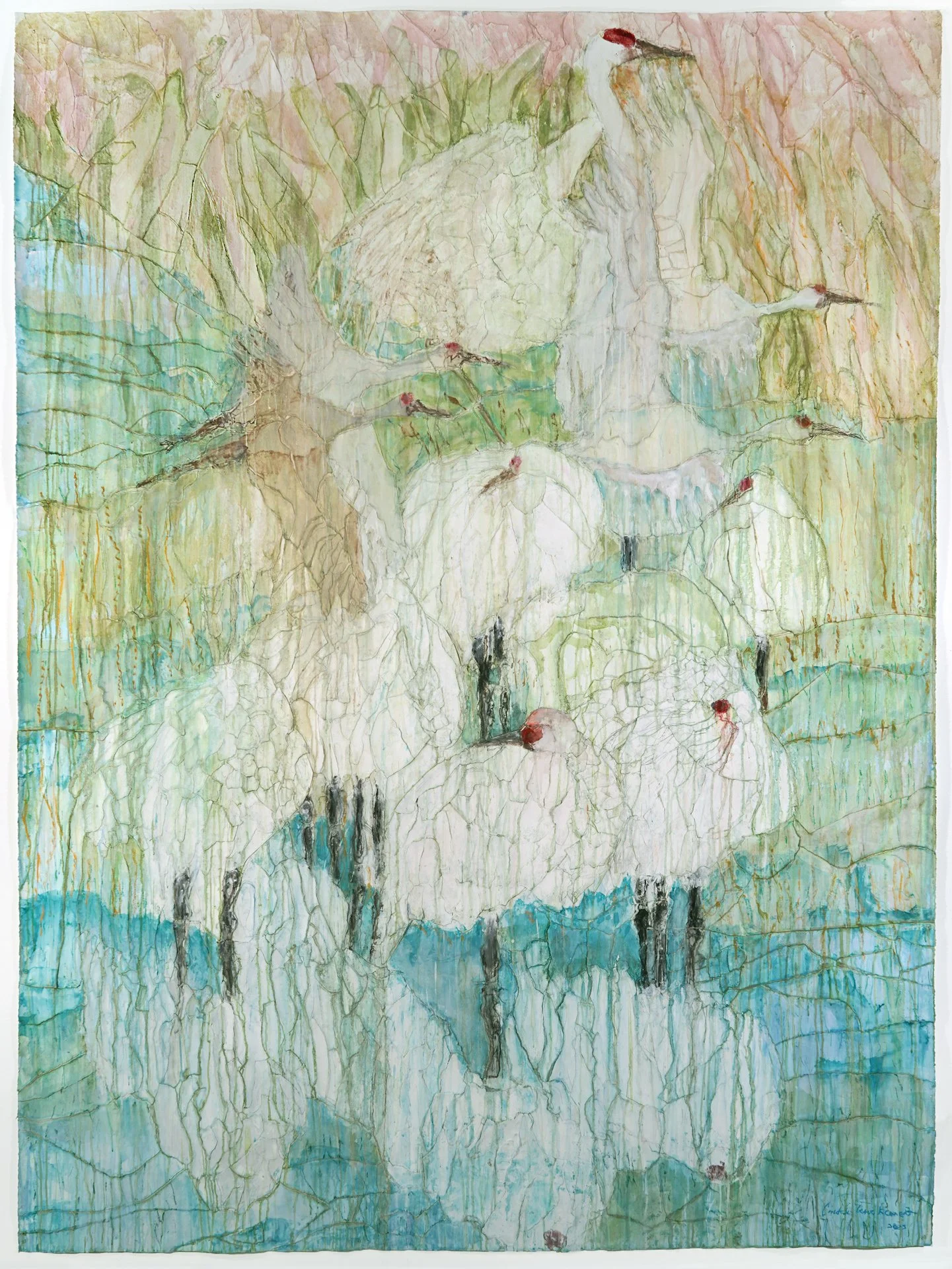







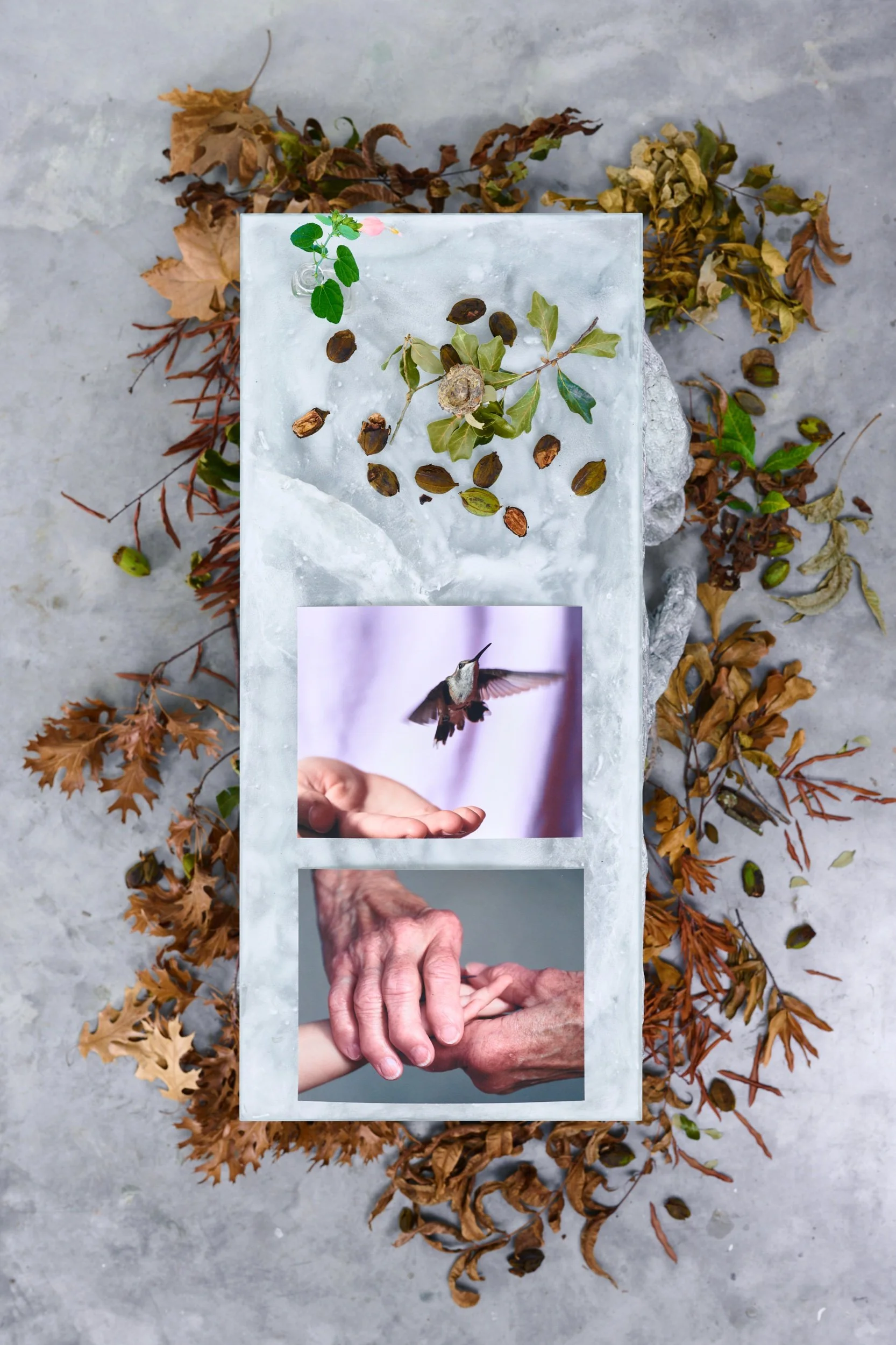
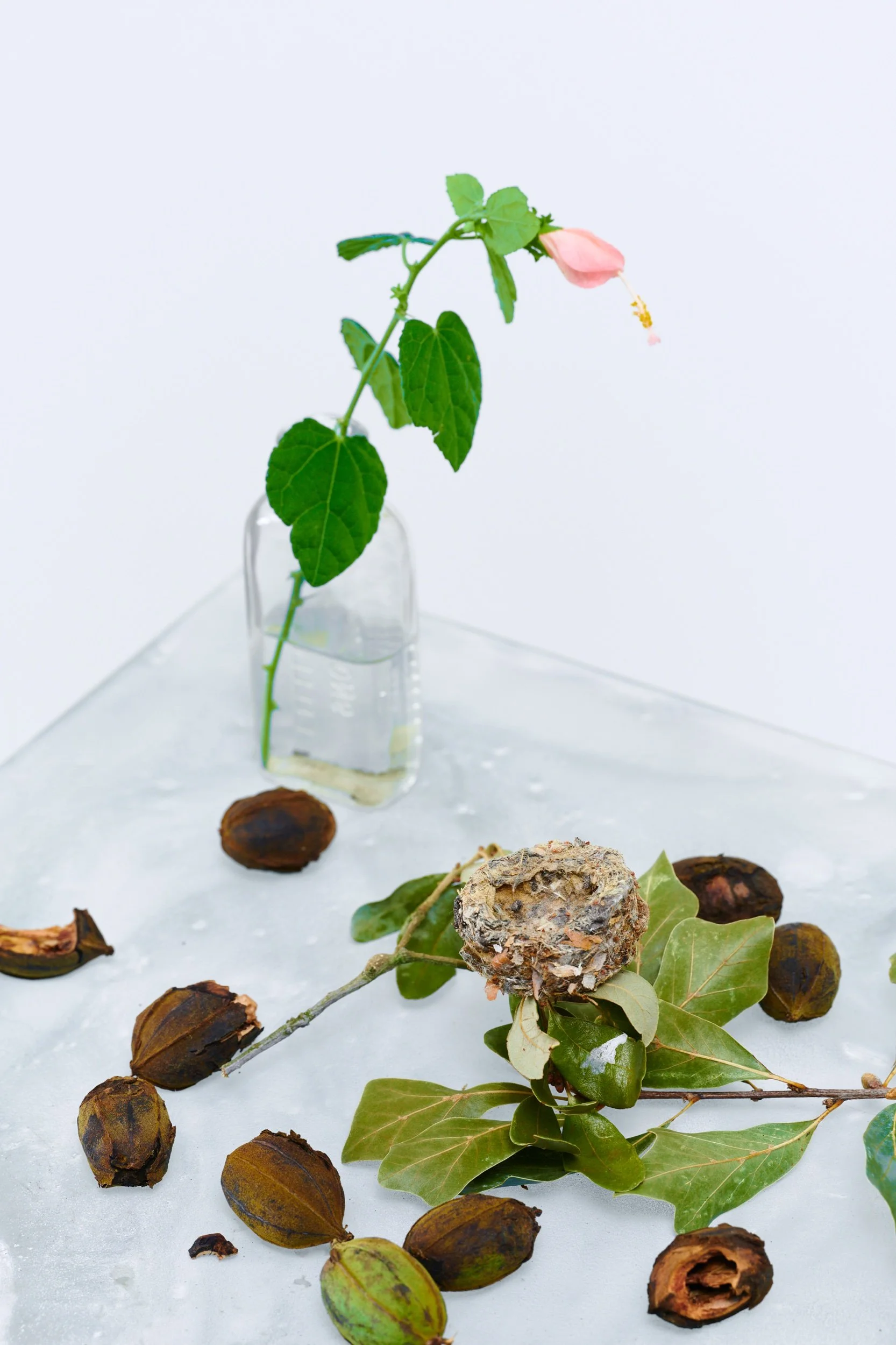
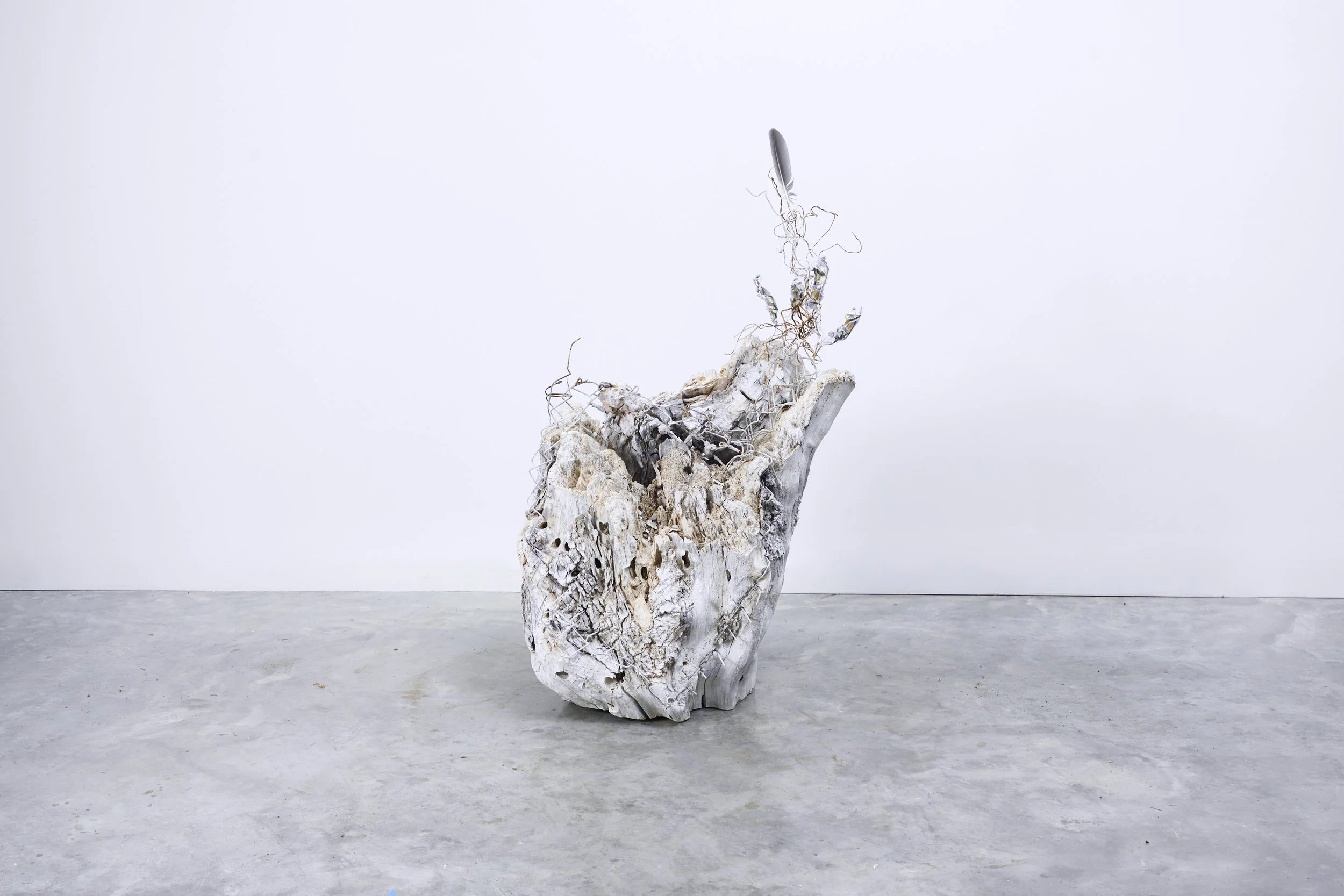

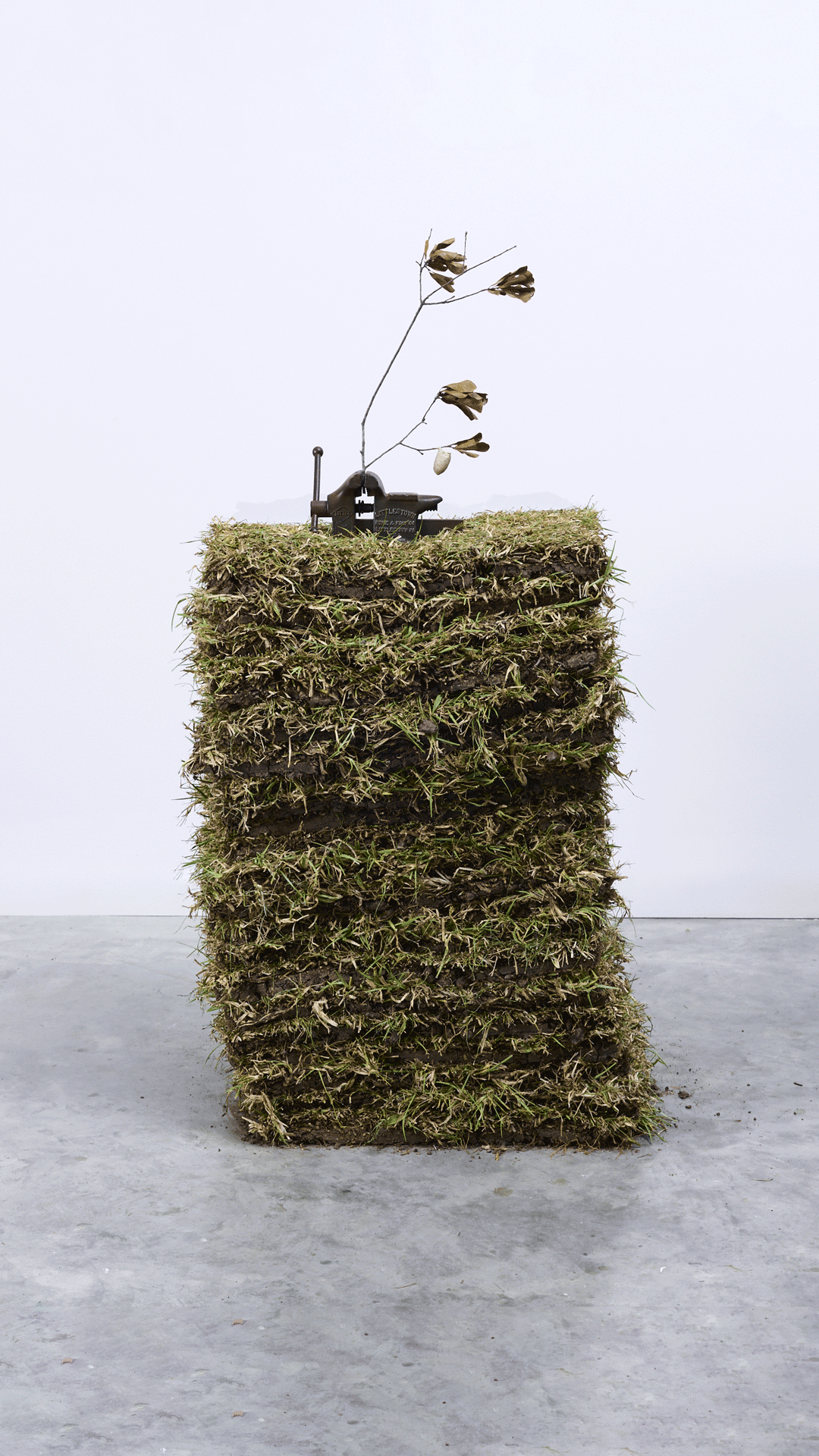
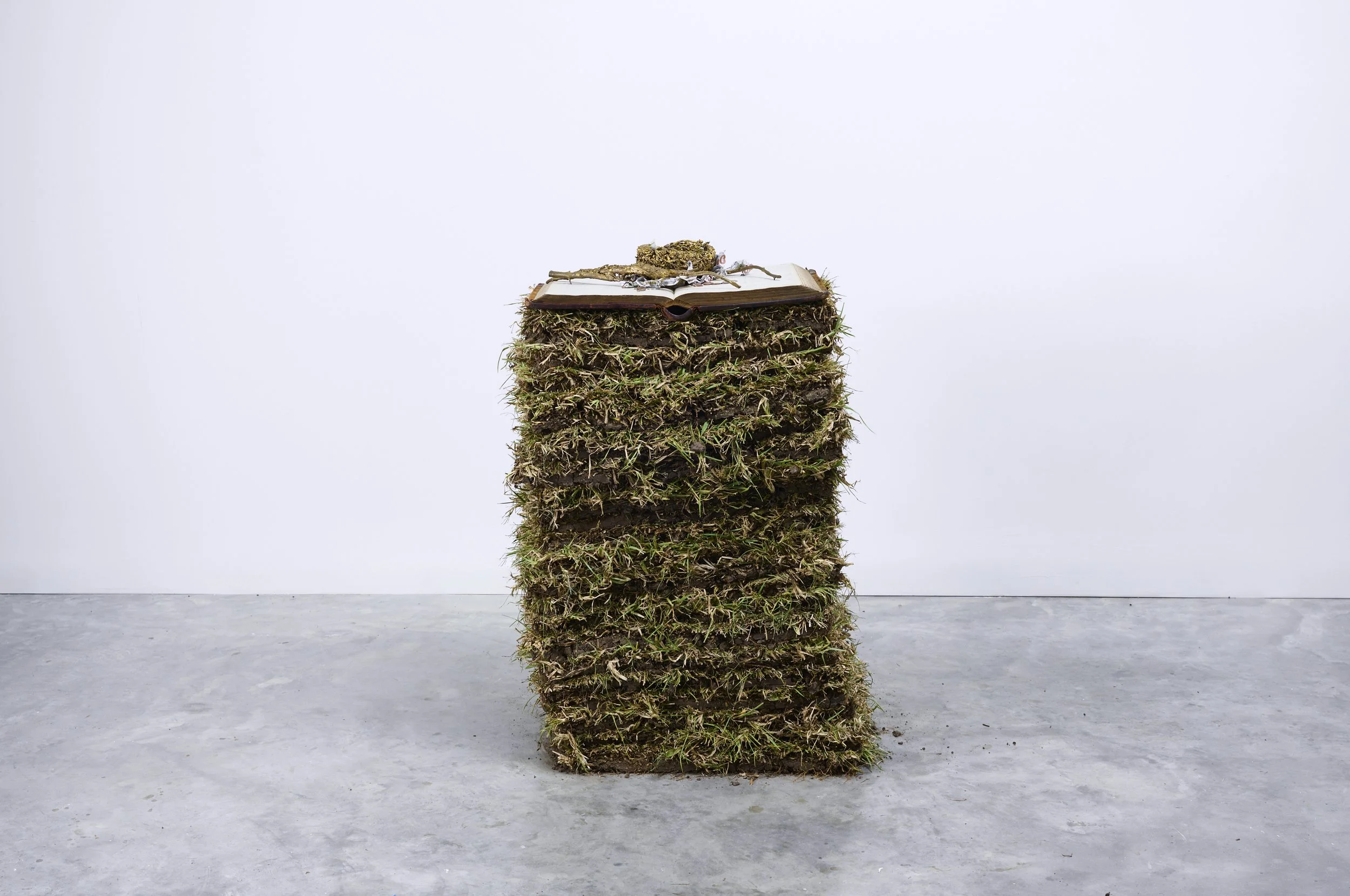






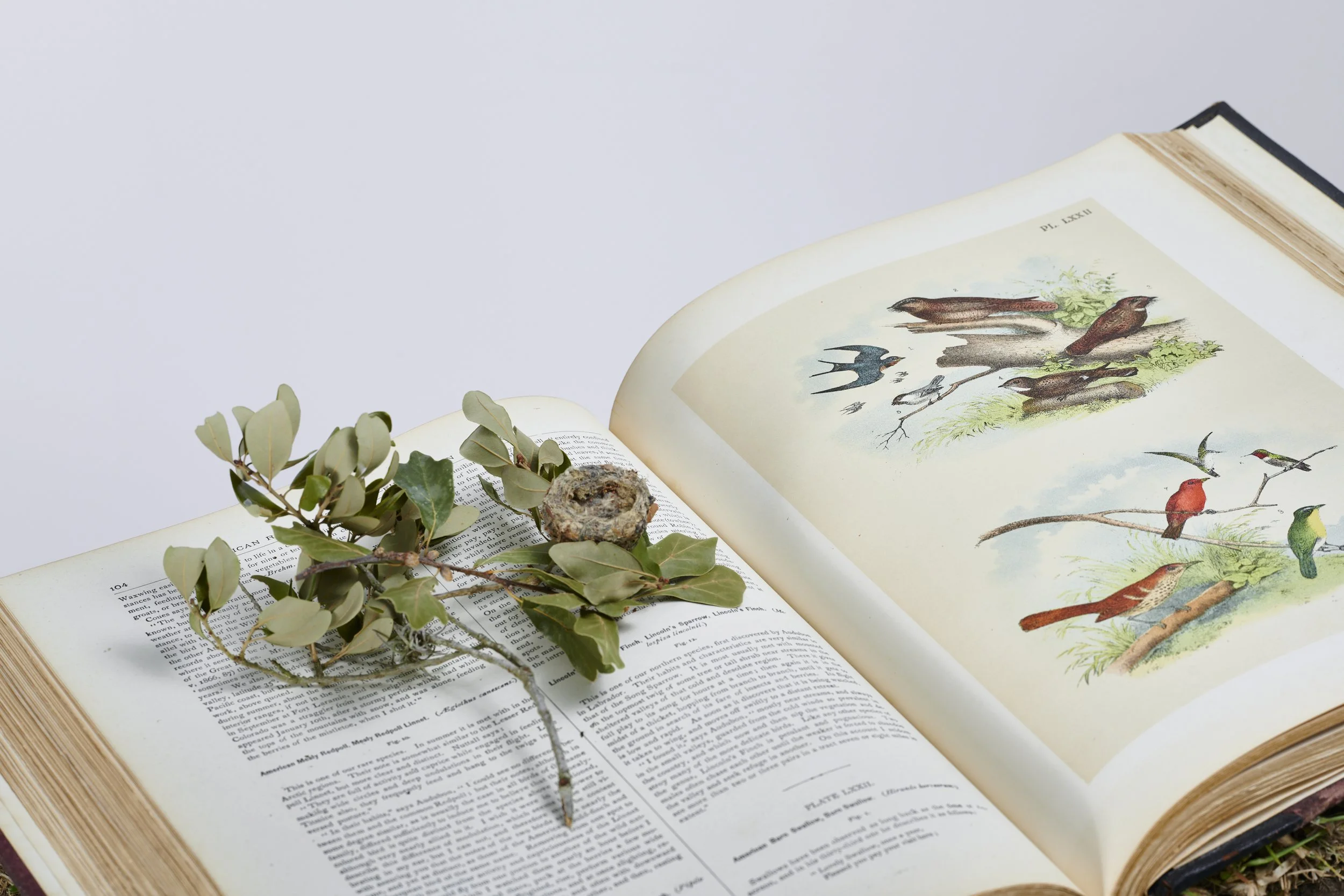





Your Custom Text Here
SUNRISE - SANDHILL CRANES
7’ X 9”4”
watercolor, pastels, and ink on collaged Stonehenge paper.
Image by R. Wells.
I became interested in the Sandhill Cranes’ story after reading Aldo Leopold’s On the Call of the Sandhill Crane.
“When we hear his call, we hear no mere bird. We hear the trumpet in the orchestra of evolution. He is the symbol of our untamable past, of that incredible sweep of millennia which underlies and conditions the daily affairs of birds and men.”
SUNDOWN - SANDHILL CRANES
7” X 9" 4”
watercolor, pastels, ink on collaged Stonehenge paper.
Image by R. Wells
These are the first two pieces in a series that explores birds, wetlands, estuaries, and conservation. These two pieces celebrate one of the GREAT SUCCESS stories in ecological restoration. In the early 1900s, relentless hunting pushed Sandhill cranes to the brink of extinction.
However, since the mid-1960s, these majestic birds have experienced a remarkable population rebound, thanks to dedicated efforts in wetland restoration and habitat protection initiated by hunters. Today, Sandhill cranes stand proud as the most plentiful crane species in the world, a testament to the power of collective action. As we move forward, humanity's ability to unite in collective restoration efforts holds the promise of redefining the Anthropocene.
Imagine a future where Homo sapiens emerge as a keystone species, supporting not just economic systems, but enhancing the rich tapestry of other species and ecosystems. Exciting times are ahead as we embark on this transformative journey! The power of collective action.
SUNRISE - ROSEATE SPOONBILLS
7’ X 9”4”
watercolor, pastels, and ink on collaged Stonehenge paper.
Image by Jake Eshelman
At the turn of the century, women’s fashion and the millinery trade nearly caused the extinction of the Roseate Spoonbills. By 1895, it was likely that the Roseate Spoonbill no longer bred in Texas. In 1923, the National Audubon Society began leasing a chain of islands along the Texas coast. At that time, these islands housed the most extensive and second-largest Spoonbill colonies in the United States. Today, it is estimated that about 3,000 pairs of spoonbills nest along the Texas coast.
SUNDOWN - ROSEATE SPOONBILLS
7’ X 9”4”
watercolor, pastels, and ink on collaged Stonehenge paper.
Image by Jake Eshelman
BIO-NOMICS
64" X 97"
archival pigment inkjet print on Epson Enhanced Matte Paper
image by Nash Baker
INTERDEPENDENCE II
60” X 36" X 36"
Texas Bricks, Paint, Plastic Dome and Base, Vintage Globe Bank, Prop $100 bills, Coins from a diversity of economies, Paper Wasp’s nest on Maple tree leaves, Seashell with barnacles, Red swamp crayfish, bird nest, feather of a Pileated Woodpecker, Blue jay feathers, Mantis, Cicada, Great Purple Hairstreak, Tropical Checkered Skipper, White Peacock, Red-spotted Admiral, Monarch, Red lacewing butterfly, Red admiral butterfly, Checkered white butterfly, June Beetle, Eastern Carpenter bee, Wolf Spider, Beebalm, Sacred Datura, Bundleflower and various dried leaves.
image by Feast Day Studio
INTERDEPENDENCE- detail of 60" X 10.25" X 10.25" Sculpture
detail of INTERDEPENDENCE I (2025)
REGENERATION
Archival Print
GENERATIONAL AMNESIA — how to save the hummingbirds.
14" W X 27 5" T X 16.5"
Two archival pigment inkjet photos printed on Epson Enhanced watercolor paper, steel, concrete, hummingbird nest, pecan and oak tree branches, a hummingbird nest, and glass, Turk cap flower.
image by Jake Eshelman
The truth about saving Hummingbirds
Hummingbird feeders are for human interaction. Hummingbirds do not need feeders or sugar water; they obtain their energy from native insects found on native plants.
Each baby hummingbird needs 9,000 insects over three weeks when they fledge. Typical nests have two eggs, and most birds lay twice a season. That means each mother for her babies needs 36000 insects. They also need soft organic materials to build their nests such as spider webs and dandelions. Please let leave them for the hummingbirds.
detail 1 of Generational Amnesia
detail 2 of Generational Amnesia
LINK
52” X 32” X 22”
Rotting tree stump with chain-link and wire, paint, prop bills and feather.
Link
Link is twofold: it elevates the interconnected relationship between urban landscapes and their impact on wildlife. Moreover, it suggests that we can achieve a harmonious balance if we relinquish our need for excessive control and manicuring.
LINK detail
UNDERmine
36” X 24” X 17” height varies
image by Jake Eshelman
UNDERmine is a series of six sculptures that highlight the harm our urban turf grass causes to the environment. The series includes UNDERmine-Bills, The Soil Sponge, The Moths, Wildlife, The Seas, and The Hummingbirds.
Klement UNDERmining
UNDERMine
SCROLLING
5” X 7” X 6”
bronze
image by Jake Eshelman